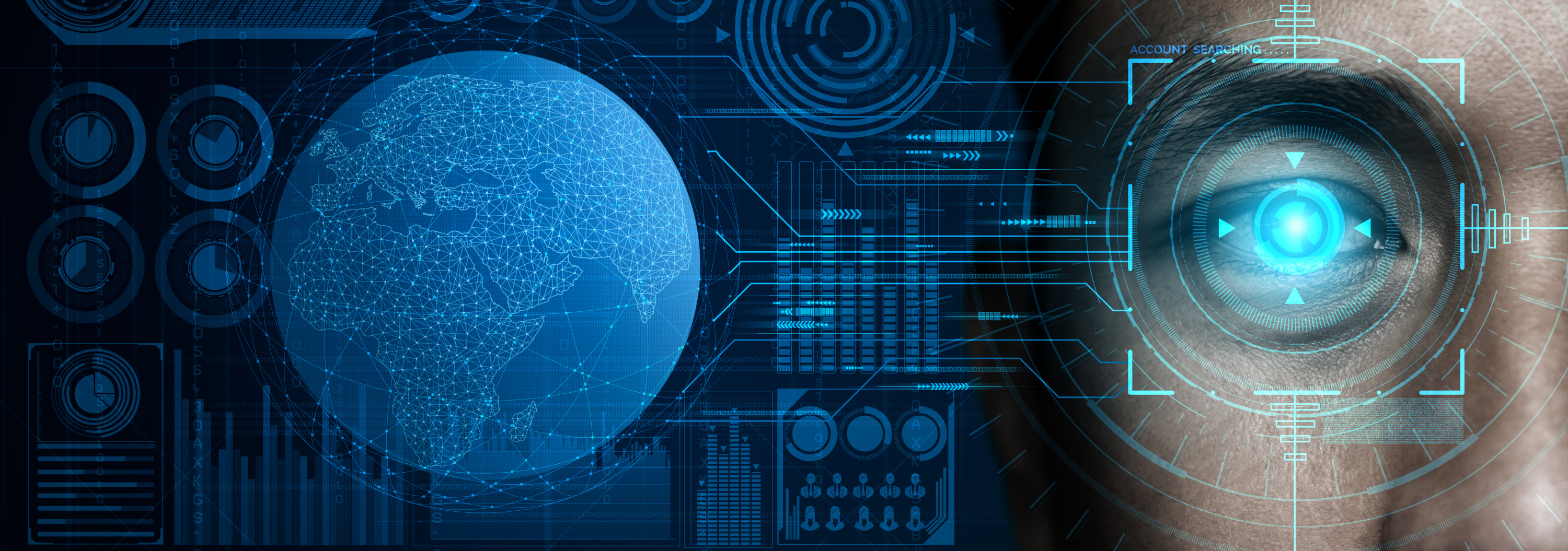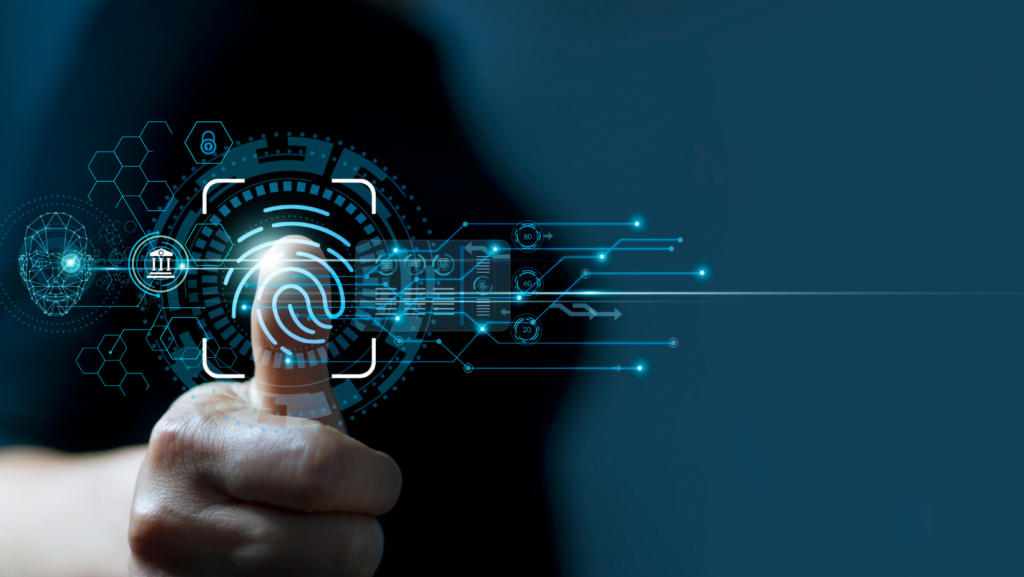Biometric technology, a term that refers to the physiological and behavioral characteristics of individuals, is becoming increasingly prevalent in our daily lives. This technology could involve fingerprints, voice recognition, facial recognition, and retina or iris patterns, among other unique identifiers. While this technology offers convenience and increased security, it also poses significant challenges to privacy.
Biometric Technology and Its Uses
Biometric technology is used widely for identification and authentication purposes. It’s seen as a secure way to authenticate and identify people because biometric identifiers cannot be borrowed, stolen, or forgotten like traditional passwords or PINs. This technology is used in everything from smartphone unlocks, and banking transactions, to airport security.

The Privacy Concerns of Biometric Technology
However, the extensive use of biometric technology also raises serious privacy concerns. When personal information is stored for authentication, there’s always some loss of privacy. This is because once biometric data is stolen, it can’t be changed like a password. Moreover, the biggest risk to privacy comes from the government’s ability to use it for surveillance, especially as face recognition technologies become more effective.
Unlike many countries, the United States doesn’t have comprehensive data privacy laws that include biometric data. This means that the misuse of this technology could potentially harm consumers.
Legal Protection for Biometric Information
Legal protections for biometric technology are currently inconsistent. Some states have implemented laws to protect biometric data, like the Biometric Information Privacy Act (BIPA) in Illinois. BIPA specifies that biometrics are unlike other unique identifiers used to access finances or other sensitive information.
On the other hand, the European Union’s data privacy law defines biometric data as “special categories of personal data” and prohibits its processing. This shows a more stringent approach to biometric data protection compared to the US.

The Future of Biometric Data Privacy Laws
The future of biometric technology and privacy laws remains uncertain. As technology advances rapidly, legal and regulatory frameworks struggle to keep up. However, there is a consensus that more comprehensive legislation is needed to protect individuals’ privacy rights.
In conclusion, while biometric technology offers significant advantages in terms of security and convenience, it also presents considerable privacy challenges. As this technology becomes more pervasive, it’s crucial to balance the benefits with the potential privacy risks. It’s also essential for laws and regulations to evolve along with the technology to adequately protect individuals’ privacy rights.

